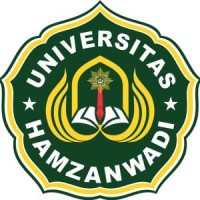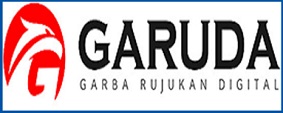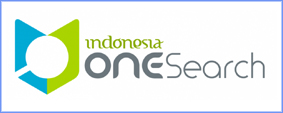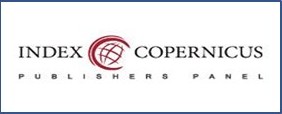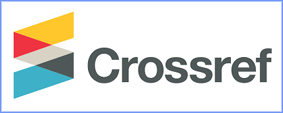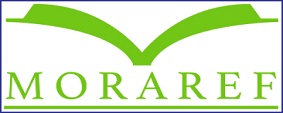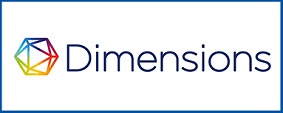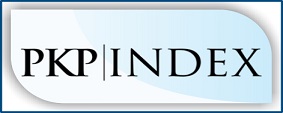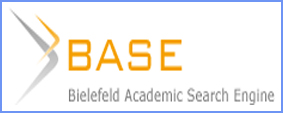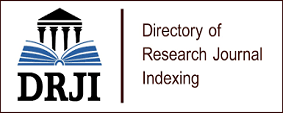Analysis of the Aptitude of Teachers and Students of Economic Education in Facing the Challenges of Implementation of MBKM Curriculum
DOI:
https://doi.org/10.61277/ije.v2i1.71Keywords:
Curriculum, MBKM, economic education, faculty readiness, student readinessAbstract
The implementation of the Free Learning Program of Free Campus (MBKM) in higher education is a significant focal point today. This study aims to assess the readiness of both educators and students for the MBKM curriculum. Conducted qualitatively, the research engaged faculty and students from the PGRI University of Wiranegara Economic Education Studies Program. Regarding lecturers, preparedness involves multifaceted aspects. They must enhance comprehension of MBKM's objectives and advantages, alongside understanding the curriculum alterations. Furthermore, managing augmented workload due to additional MBKM courses becomes imperative. On the other hand, students’ preparedness is equally pivotal. They must grasp the benefits of MBKM, comprehend their responsibilities in time management and study planning, adapt to new settings, and nurture the motivation for self-development. The readiness factors for both educators and learners in the MBKM implementation are interconnected and mutually reinforcing. Educators, equipped to handle MBKM changes, can offer effective guidance to students. Simultaneously, well-prepared students can fully leverage MBKM opportunities. Consequently, lecturers need to refine their understanding, pedagogical prowess, and workload management. Students, on the other hand, must cultivate awareness, self-learning abilities, adaptability, and intrinsic motivation for personal development. Adequate preparation for the MBKM curriculum can yield maximum benefits, enabling faculty and students to explore interests, talents, and expertise beyond the confines of their prescribed course of study. This readiness aligns teachers and students to make the most of the MBKM curriculum, fostering comprehensive growth and skill development.
Downloads
References
A. Muri Yusuf. (2016). Metode Penelitian Kuantitatif, Kualitatif & Penelitian Gabungan. PT. Fajar Interpratama Mandiri. Yusuf, A. M. (2016). Metode Penelitian Kuantitatif, Kualitatif & Penelitian Gabungan. Prenada Media.
Arifin, S., & Muslim, M. (2020). P-issn 2620-861x e-issn 2620-8628. Jurnal Pendidikan Islam, 3(1), 1–11.
Baharuddin, M. R. (2021). Adaptasi Kurikulum Merdeka Belajar Kampus Merdeka (Fokus: Model MBKM Program Studi). Jurnal Studi Guru Dan Pembelajaran, 4(1), 195–205. https://www.e-journal.my.id/jsgp/article/view/591
Daryono, Mochamad Bayu Firmansyah, D. (2021). Landasan Pendidikan:Teori dan Aplikasi dalam Aspek Humas Pendidikan di Indonesia (1st ed.). Ari Institute. https://books.google.co.id/books/about?id=hz8pEAAAQBAJ&redir_esc=y
Firmansyah, M. B., & Suwadi, S. (2021). Student’s multimodated competency in digital learning in universities. Erudio Journal of Educational, 8(December), 120–136. https://www.erudio.ub.ac.id/index.php/erudio/article/view/383%0Ahttps://www.erudio.ub.ac.id/index.php/erudio/article/download/383/286
Haryanto, H. C., & Widyaningsih, A. (2022). Dinamika Pengelolaan Program Merdeka Belajar - Kampus Merdeka Pada Kampus Swasta. Jurnal Studi Guru Dan Pembelajaran, 5(1), 111–123.
Kamalia, Putri Ulfa ; Andriansyah, E. H. (2021). Independent Learning-Independent Campus (MBKM) in Students’ Perception. Jurnal Kependidikan: Jurnal Hasil Penelitian Dan Kajian Kepustakaan Di Bidang Pendidikan, Pengajaran Dan Pembelajaran, 7(4), 857–867. https://e-journal.undikma.ac.id/index.php/jurnalkependidikan/issue/view/356
Kholik, A., Bisri, H., Lathifah, Z. K., & Kartakusuma, B. (2022). Elementary Education https://jbasic.org/index.php/basicedu. JURNALBASICEDU, 6(1), 738–748.
Krishnapatria, K. (2021). MERDEKA BELAJAR-KAMPUS MERDEKA (MBKM) CURRICULUM IN ENGLISH STUDIES PROGRAM: CHALLENGES AND OPPORTUNITIES. ELT in Focus, 4(June), 12–19. https://doi.org/10.35706/eltinfc.v4i1.5276
Krisnanik, E., Saphira, Q., & Indriana, H. (2021). Desain Model MBKM Dan Kolaborasi Kerja Sama Model Pentahelix Guna Meningkatkan Daya Saing Lulusan. Konferensi Nasional Ilmu Komputer (KONIK) 2021, 138–142. https://prosiding.konik.id/index.php/konik/index
Ratna Puspitasari, R. N. (2021). IMPLEMENTASI KEBIJAKAN MERDEKA BELAJAR, KAMPUS MERDEKA FISIP UPN VETERAN JAWA TIMUR. Dinamika Governance, 11(2), 276–292.
Riyadi, S., Harimurti, R. R. S., & Ikhsan, J. (2022). Dampak Implementasi MBKM terhadap Pengembangan Universitas Muhammadiyah Yogyakarta Menuju Research Excellence University. EDUKATIF: JURNAL ILMU PENDIDIKAN, 4(1), 1018–1029. https://edukatif.org/index.php/edukatif/article/view/1991/pdf
Rizal, A. S. (2014). FILSAFAT PENDIDIKAN ISLAM ISLAMI Oleh : Ahmad Syamsu Rizal A . PENDAHULUAN pendidikan baik pada tataran teoritis maupun praktis . Ia dapat merupakan aplikasi. Jurnal Pendidikan Agama Islam - Ta’lim, 12(1), 1–18. http://jurnal.upi.edu/file/01_-_Landasan_Filosofis_Pendidikan_Islam_-_Rizal.pdf
Saputra, S. (2016). Pengaruh Model Pembelajaran Discovery Learning Berbasis Lingkungan Sekolah Terhadap Hasil Belajar Siswa Pada Materi Keanekaragaman Hayati. Jesbio, V(2), 34–39.
Satriawan, W., Santika, I. D., Naim, A., Tarbiyah, F., Raya, B., Selatan, L., Timur, L., Bakoman, A., & Panggung, P. (2021). Guru Penggerak Dan Transformasi Sekolah. Al-Idarah: Jurnal Kependidikan Islam Volume, 11(1), 1–12.
Sopiansyah, D., Masruroh, S., Zaqiah, Q. Y., & Erihadiana, M. (2021). Konsep dan implementasi kurikulum MBKM. In Reslaj: Religion Education Social Laa Roiba Jornal (Vol. 3, Issue 1, pp. 14–22).
Sudaryanto, S., Widayati, W., & Amalia, R. (2020). Konsep Merdeka Belajar-Kampus Merdeka dan Aplikasinya dalam Pendidikan Bahasa (dan Sastra) Indonesia. Kode: Jurnal Bahasa, 9(2), 78–93. https://doi.org/10.24114/kjb.v9i2.18379
Zahra Khusnul Lathifah*, Radif Khotamir Rusli, Teguh Prasetyo, Mega Febrianisya, Abdul Kholik, I. S. (2022). Jurnal Paedagogy : Jurnal Paedagogy : 9(3), 354–363.






